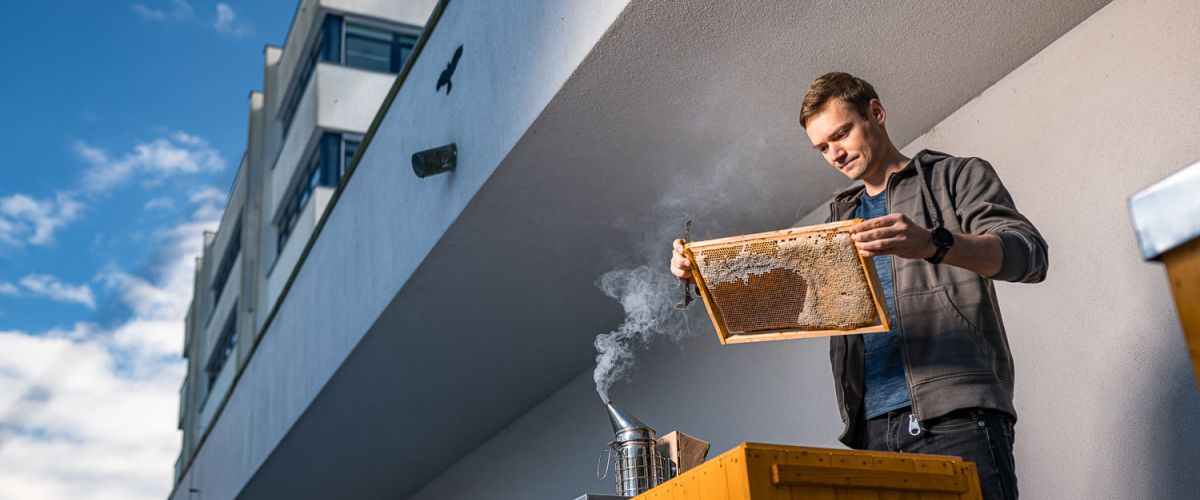-
Faculty
-
Admissions
-
Study at the Faculty
-
Science and research
-
International relations
-
Contacts
Back
Study at the Faculty

